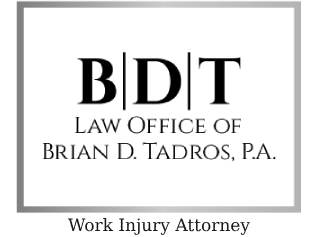
Temporary workers need to stay safe, too
The holidays are a key time for retailers and other businesses — such as delivery companies — to employ temporary workers. Sure, these employees may be new on the job and require quicker training in order to serve hordes of holiday shoppers as soon as possible. But these seasonal employees are still entitled to compensation if injured at work, as is a permanent worker.
That’s where staffing agencies come in.
An agency’s role goes far beyond job placements. With temporary workers having equal rights to a safe workplace, these companies share the responsibility of workplace safety with the employer under the Occupational Safety and Health Act of 1970.
Ensuring safe workplaces for temporary or seasonal workers involves open communication between the hiring company and the staffing agency. According to the Occupational Safety and Health Administration (OSHA), the employer-and-agency contract should make clear which party is responsible for which safety and health responsibilities — with an understanding that they may overlap. It takes communication and collaboration.
What are a few things staffing agencies can do, according to OSHA?
Evaluate the worksite, for one. Schedule an on-site visit before accepting an employer as a new client, or a new placement with an existing client. Staffing agency team members aren’t expected to be occupational safety experts but should visit the site to review possible hazards and plan necessary training. Agency documentation on employees’ training and skills as they relate to assigned tasks should be submitted to the employer.
Explore and use available resources. This could mean free safety consulting from a staffing agency’s workers’ compensation insurance providers — potentially valuable third-party input. OSHA itself also offers free safety consultations to small and medium-sized businesses.
Be proactive in learning and training new workers. Staffing agencies should position themselves to learn from companies about health and safety issues. Regularly training agency representatives about potential hazards establishes a stronger front line against accident and injury.
Working together and making communication a priority positions staffing agencies and employers to keep seasonal workers safe, and workers’ compensation claims to a minimum.



